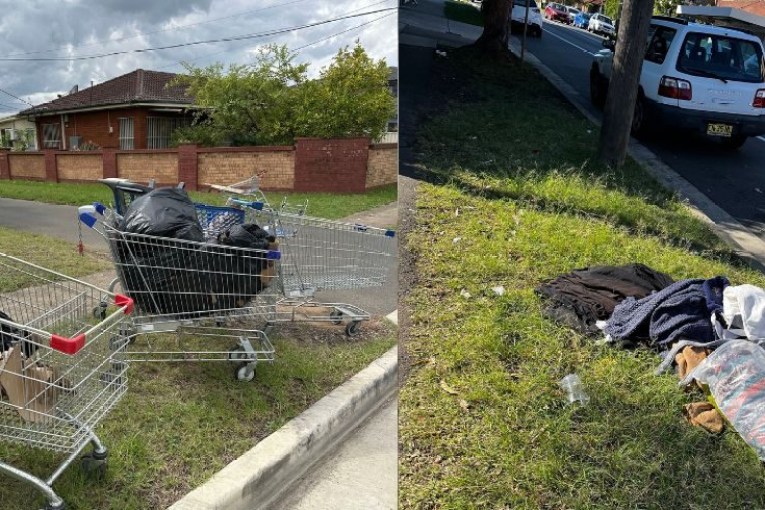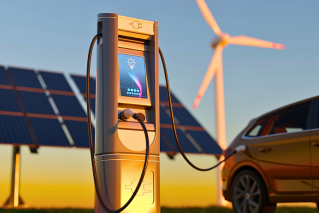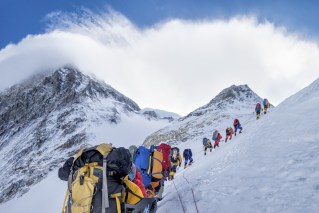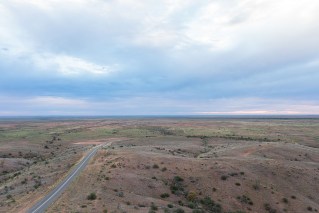Clean energy often has dirty ethics based on human rights abuses
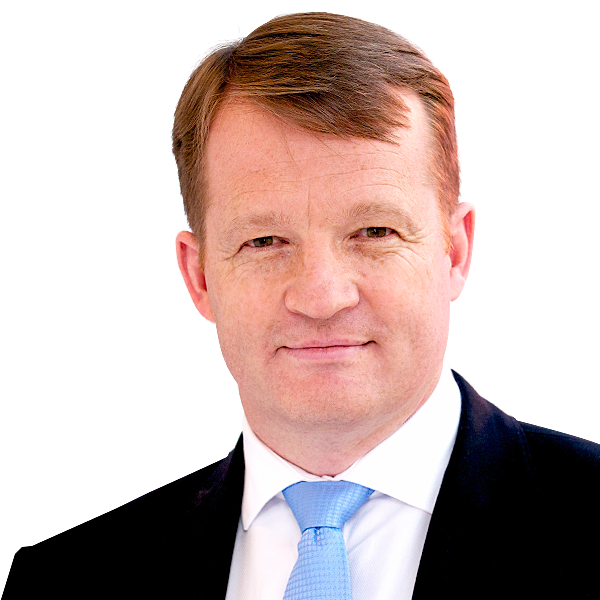
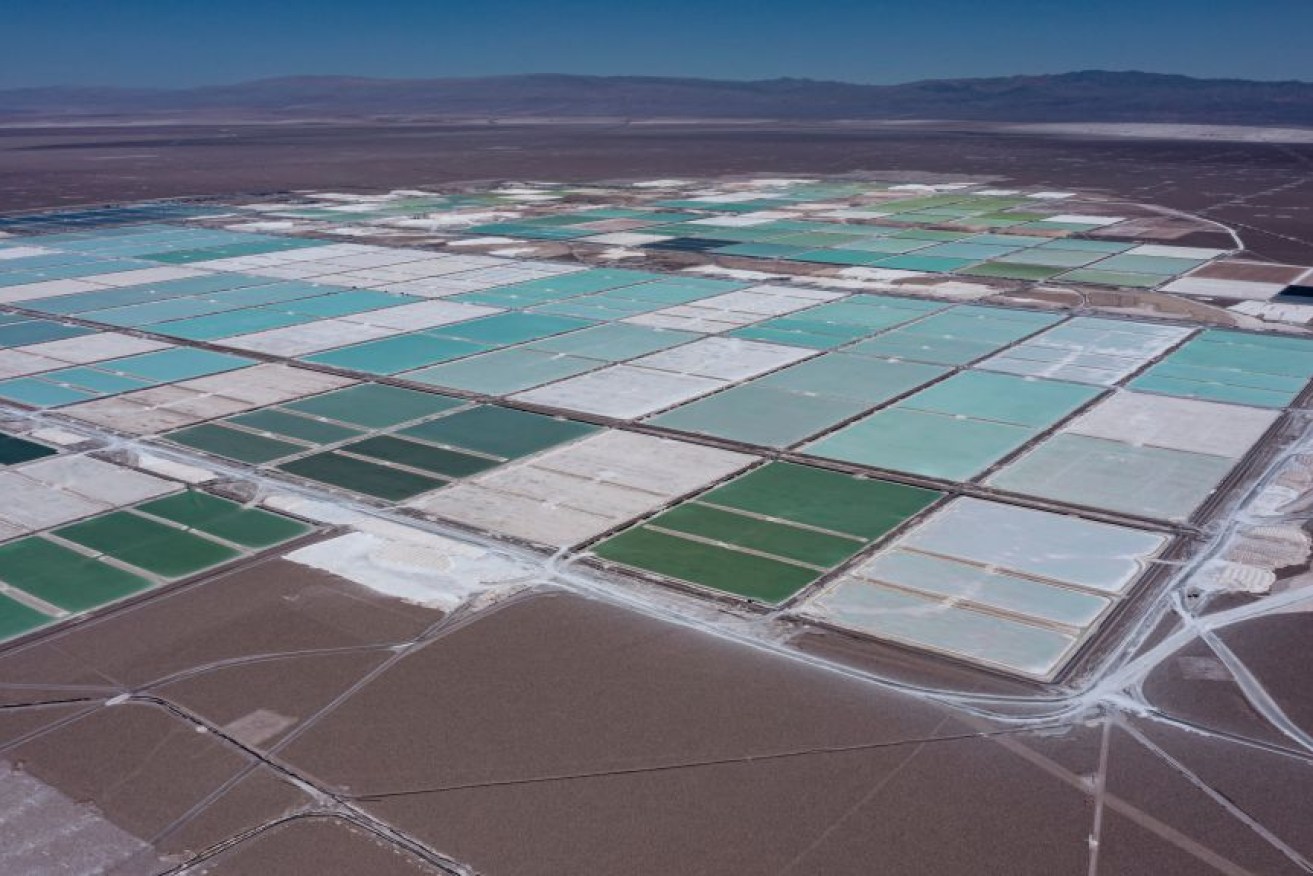
Aerial view of brine ponds and processing areas of the SQM lithium mine in the Atacama Desert, Calama, Chile. Photo: Getty
For years the globe has been “addicted to oil”. Moving away from oil has many good aspects, but quickly shifting from one addiction to another has a dark side.
Human rights abuses related to the world’s growing addiction to electricity and the replacement of ‘big oil’ with ‘big electricity’ are gathering apace.
But environmental advocates are surprisingly silent about these abuses, particularly child labour.
According to the International Energy Agency (IEA), renewable energy accounted for 72 per cent of all new power capacity additions globally in 2019, with solar and wind energy leading the way.
The IEA also predicts that renewable energy will continue to grow rapidly, with renewable sources expected to supply nearly 30 per cent of the world’s electricity by 2024.
Many countries have set ambitious targets for renewable energy deployment, with some aiming to achieve 100 per cent renewable energy by mid-century.
This is good for reducing carbon emissions, but the switch is going hand in hand with a massive expansion of mining for essential minerals.
Lithium is one of them. It is the key mineral for the production of lithium-ion batteries, widely used in smartphones, electric vehicles and other electronic devices. Most of the world’s lithium comes from Australia, but it is also produced in South America, particularly in Chile and Argentina.
Cobalt, another essential mineral for the production of lithium-ion batteries, is primarily mined in the Democratic Republic of Congo (DRC), which produces more than 60 per cent of the world’s needs.
Nickel, also mined here, and graphite, produced primarily in China, are also essential minerals in the switch to renewables.
The mining of rare earth minerals requires the excavation of large areas of land, leading to deforestation and habitat destruction. The process of extracting these minerals produces toxic waste that can contaminate water sources and harm local communities.

A lithium mine entrance in Argentina with locals’ protest messages written on the concrete. Photo: Getty
According to a report by the International Labour Organisation (ILO) in 2019, there were an estimated 15 million artisanal and small-scale miners globally, including about two million in the DRC. The vast majority of these miners work in unsafe and unregulated conditions, and many are children.
A report by Amnesty International in 2016 found that children as young as seven were working in cobalt mines in the DRC, and that many of the world’s largest technology companies were sourcing cobalt from mines that used child labour.
These children are often forced to work long hours in hazardous conditions, and many suffer from injuries, respiratory problems, and other health issues as a result of their work. Many die very young.
Given that the majority of the world’s cobalt comes from DRC, if you own a smartphone or electric car, chances are part of it was mined by a child who may have earned as little as $2 a day to skip school, make themselves vulnerable to cancer and satisfy your demand for a phone or car.
Where is the protest?
In DRC, the profits from these mines are often siphoned off to fund armed groups and perpetuate conflict in the region.
But where are the consumers speaking out about this? Where is the objection to ‘blood cobalt’ like there was for ‘blood diamonds’?
In addition to the Congo, the mining of rare earth minerals in other countries has also been linked to human rights abuses.
In Malaysia, for example, the Australian mining company Lynas has been accused of failing to address environmental and health concerns related to its rare earth processing plant.
In Brazil, the mining of niobium, a rare earth mineral used in the production of high-strength steel, has led to the displacement of indigenous communities and destruction of the Amazon rainforest.
Efforts are being made by governments, NGOs and companies to address this issue, including the establishment of certification schemes such as the Responsible Minerals Initiative and the Better Mining Program, which aim to ensure that minerals are mined and processed without human rights abuses.
However, the scale of the problem remains a significant challenge and the silence from consumers and advocates remains deafening.
China is the world’s largest producer of batteries, and was estimated to account for about 80 per cent of global lithium-ion battery production before the pandemic.
It also has a dominant position in the global supply chain for lithium-ion batteries due to its control of a significant share of the world’s reserves of the key raw materials used in their production, such as lithium and cobalt.
The purchase of batteries directly supports the Chinese government’s efforts to suppress Hong Kong, the Uyghurs and help China’s military growth directly affecting Taiwan.
Should people speak out?
Surely, if we are going to move from oil to electricity, shouldn’t we demand clean supply chains?
Haven’t we learned from supply chains in clothing and sportswear, learned from blood diamonds that if the consumer doesn’t speak up, human rights won’t be respected?
So when someone tells me they are ‘good’ because they have an electric car, but have no demonstrable record in calling for clean supply chains, I don’t think they are ‘good’. I think they have a problem with ethics.
Andrew MacLeod is a visiting professor to King’s College London, Chairman of Griffin Law, a non-executive director to Australian, Middle East and US companies, a former high-level UN official and co-founder of child protection charity HearTheirCries.org.
He tweets @AndrewMMacLeod.
